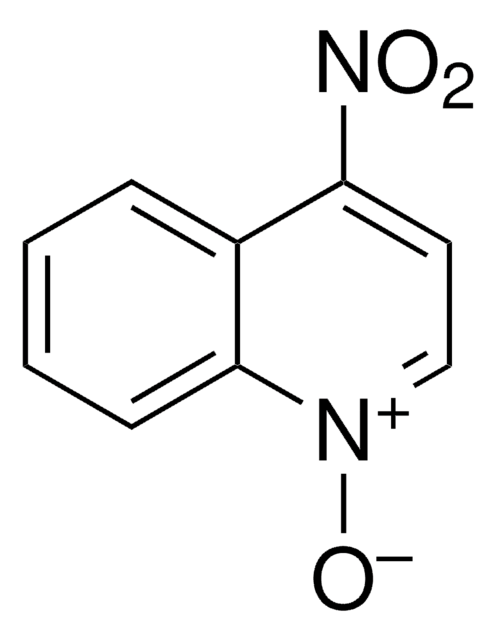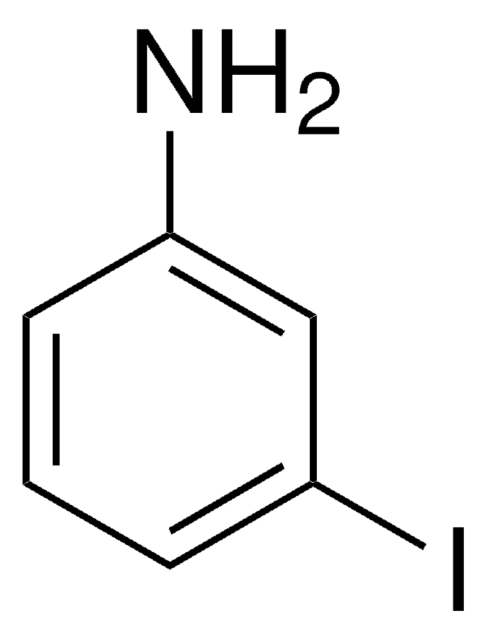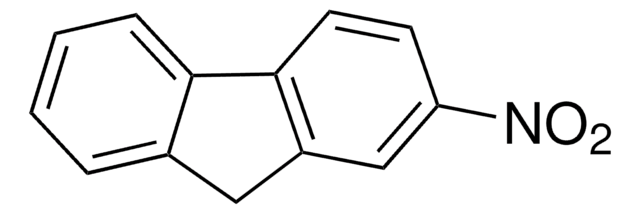218448
4-Nitroquinoline N-oxide
98%
Synonym(s):
4-NQO, 4-Nitroquinoline 1-oxide
Sign Into View Organizational & Contract Pricing
All Photos(1)
About This Item
Empirical Formula (Hill Notation):
C9H6N2O3
CAS Number:
Molecular Weight:
190.16
Beilstein:
165756
EC Number:
MDL number:
UNSPSC Code:
12352200
Recommended Products
Assay
98%
mp
154-156 °C (lit.)
SMILES string
[O-][N+](=O)c1cc[n+]([O-])c2ccccc12
InChI
1S/C9H6N2O3/c12-10-6-5-9(11(13)14)7-3-1-2-4-8(7)10/h1-6H
InChI key
YHQDZJICGQWFHK-UHFFFAOYSA-N
Looking for similar products? Visit Product Comparison Guide
replaced by
Product No.
Description
Pricing
Signal Word
Danger
Hazard Statements
Precautionary Statements
Hazard Classifications
Carc. 1B
Storage Class Code
6.1C - Combustible acute toxic Cat.3 / toxic compounds or compounds which causing chronic effects
WGK
WGK 3
Flash Point(F)
Not applicable
Flash Point(C)
Not applicable
Personal Protective Equipment
dust mask type N95 (US), Eyeshields, Gloves
Choose from one of the most recent versions:
Already Own This Product?
Find documentation for the products that you have recently purchased in the Document Library.
Leon F Stankowski et al.
Environmental and molecular mutagenesis, 52(9), 738-747 (2011-10-25)
As part of the Stage III Pig-a multilaboratory validation trial, we examined the induction of CD59-negative reticulocytes and total red blood cells (RET(CD59-) and RBC(CD59-) , respectively) in male Sprague Dawley(®) rats treated with 4-nitroquinoline-1-oxide (4NQO), for 28 consecutive days
Francesca Trotta et al.
International journal of food microbiology, 153(3), 275-280 (2011-12-20)
Yeasts isolated from Italian beverages and foods (wine and cheeses) were identified as Saccharomyces cerevisiae and Debaryomyces hansenii by sequencing the D1/D2 domain of the 26S rRNA gene and differentiated, at strain level, by microsatellite PCR fingerprinting and RAPD-PCR. All
Yu-Ching Liu et al.
Toxicology and applied pharmacology, 262(2), 107-116 (2012-05-09)
The purpose of this study was to identify the genes induced early in murine oral carcinogenesis. Murine tongue tumors induced by the carcinogen, 4-nitroquinoline 1-oxide (4-NQO), and paired non-tumor tissues were subjected to microarray analysis. Hierarchical clustering of upregulated genes
Kwame Osei-Sarfo et al.
Carcinogenesis, 34(11), 2673-2681 (2013-06-21)
Head and neck squamous cell carcinoma (HNSCC) is the sixth most common type of cancer affecting humans worldwide. To determine the potential mechanisms by which chronic tobacco and alcohol abuse lead to HNSCC of the oral cavity, we have used
J Peter Svensson et al.
PloS one, 7(5), e37368-e37368 (2012-05-23)
Studies in Saccharomyces cerevisiae show that many proteins influence cellular survival upon exposure to DNA damaging agents. We hypothesized that human orthologs of these S. cerevisiae proteins would also be required for cellular survival after treatment with DNA damaging agents.
Our team of scientists has experience in all areas of research including Life Science, Material Science, Chemical Synthesis, Chromatography, Analytical and many others.
Contact Technical Service




![Benzo[a]pyrene ≥96% (HPLC)](/deepweb/assets/sigmaaldrich/product/structures/253/820/be96d879-1811-46c0-8f11-612019691c2d/640/be96d879-1811-46c0-8f11-612019691c2d.png)



